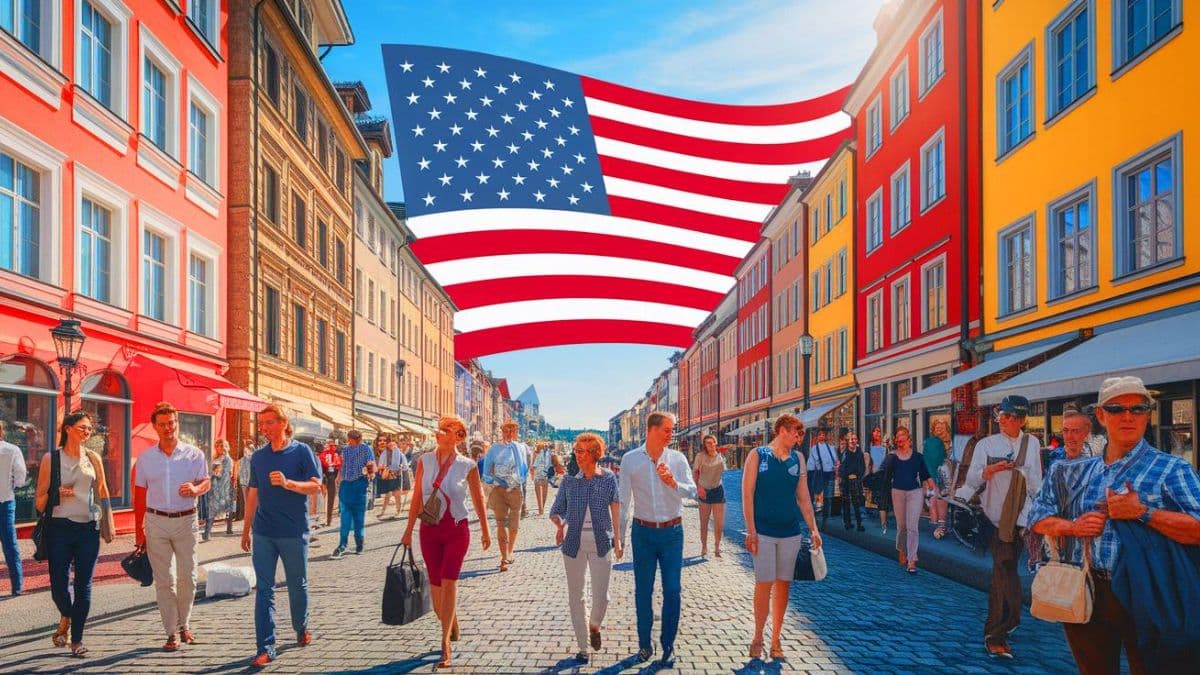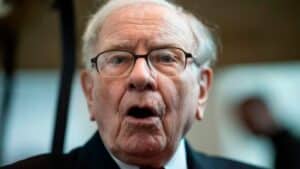The American tourism industry is facing an unprecedented challenge as European travelers increasingly choose to bypass U.S. destinations. Recent data from the International Trade Administration reveals a stark 17% decline in Western European visitors in March 2025 compared to the previous year. This downturn represents more than just fluctuating travel patterns—it signals a growing sentiment of discontent with current U.S. policies and leadership.
European travelers vote with their passports
The statistics paint a concerning picture for the U.S. tourism sector. March 2025’s 17% drop in European tourists marks the most significant decline since the post-pandemic period in 2021. This reduction isn’t isolated to European visitors—overall international tourism to the United States has fallen by 12% during the same period.
The tourism industry, which contributes approximately 2.5% to America’s GDP, now faces serious economic repercussions as fewer international travelers choose American destinations. This shift in preference is creating ripple effects throughout multiple sectors of the economy, from hospitality to retail and transportation.
Travel agencies across Europe report diminishing interest in U.S. vacation packages. Many European travelers are redirecting their plans toward alternative destinations including:
- Canada
- Mexico and other Latin American countries
- Egypt
- Asian destinations
- Domestic European travel
This redirection of tourism dollars represents a silent but powerful form of economic protest, one that speaks volumes about changing perceptions of America on the global stage.
In 2019, Iceland Approved the 4-Day Workweek: Nearly 6 Years Later, All Forecasts by Generation Z Have Come True
At 94, He’s One of Apple’s Biggest Shareholders, and Doctors Can’t Explain How He’s Still Alive-Coca-Cola and McDonald’s Are Part of His Daily Routine
Travel industry giants report substantial booking declines
Major European tour operators and hospitality companies are sounding alarm bells about this emerging trend. French hotel conglomerate Accor has reported a troubling 25% reduction in summer bookings from European clients for their U.S. properties. Similarly, Voyageurs du Monde has witnessed a 20% decrease in American destination bookings since Trump’s recent inauguration.
Spanish travel agencies are particularly noting this shift, with many clients explicitly requesting non-U.S. alternatives for their international travel plans. The director of Accor attributes this decline primarily to “anxiety about entering an unpredictable territory” among European travelers.
Tourism Economics, which specializes in travel industry forecasting, has significantly adjusted its projections downward. Initially predicting a 5% decline for 2025, they now estimate a much steeper 9.4% drop in European tourism to the United States.
| Company | Reported Decline | Time Period |
|---|---|---|
| Accor (French hotel group) | 25% | Summer 2025 bookings |
| Voyageurs du Monde | 20% | Since Trump’s inauguration |
| Overall European tourism | 17% | March 2025 vs. March 2024 |
Political tensions reshape tourism landscape
The primary driver behind this tourism decline appears to be political. The current administration’s policies and rhetoric are widely perceived as unwelcoming by many European citizens. Strained diplomatic relations between Washington and Brussels have created an atmosphere of uncertainty that directly impacts travel decisions.
European travelers express concerns about potential hostility, unpredictable entry procedures, and general discomfort with the current political climate. This sentiment reflects a broader geopolitical tension that has transformed tourism into an unexpected battleground of international relations.
Tourism has become an informal barometer of political sentiment, with travelers making personal choices that collectively amount to significant economic impact. While less visible than formal trade embargoes or diplomatic sanctions, this grassroots boycott could have lasting consequences for America’s tourism sector.
It races through the universe at 300,000 km/s - and never runs out of energy
Beneath your feet: an ancient forgotten continent resurfaces in Europe
Beyond immediate economic impact
The implications of this tourism decline extend far beyond immediate revenue losses. The U.S. faces potential long-term damage to its international image and standing. As fewer Europeans experience American culture firsthand, opportunities for cross-cultural understanding diminish.
Industry experts suggest that reversing this trend will require more than just marketing campaigns—it will necessitate addressing the fundamental concerns driving Europeans away. The interconnection between politics, perception, and tourism has never been more evident than in this ongoing situation.
As the United States navigates this challenging period, the tourism industry’s recovery will depend largely on rebuilding trust and changing perceptions among international travelers, particularly those from Europe who have traditionally been reliable visitors to American shores.







